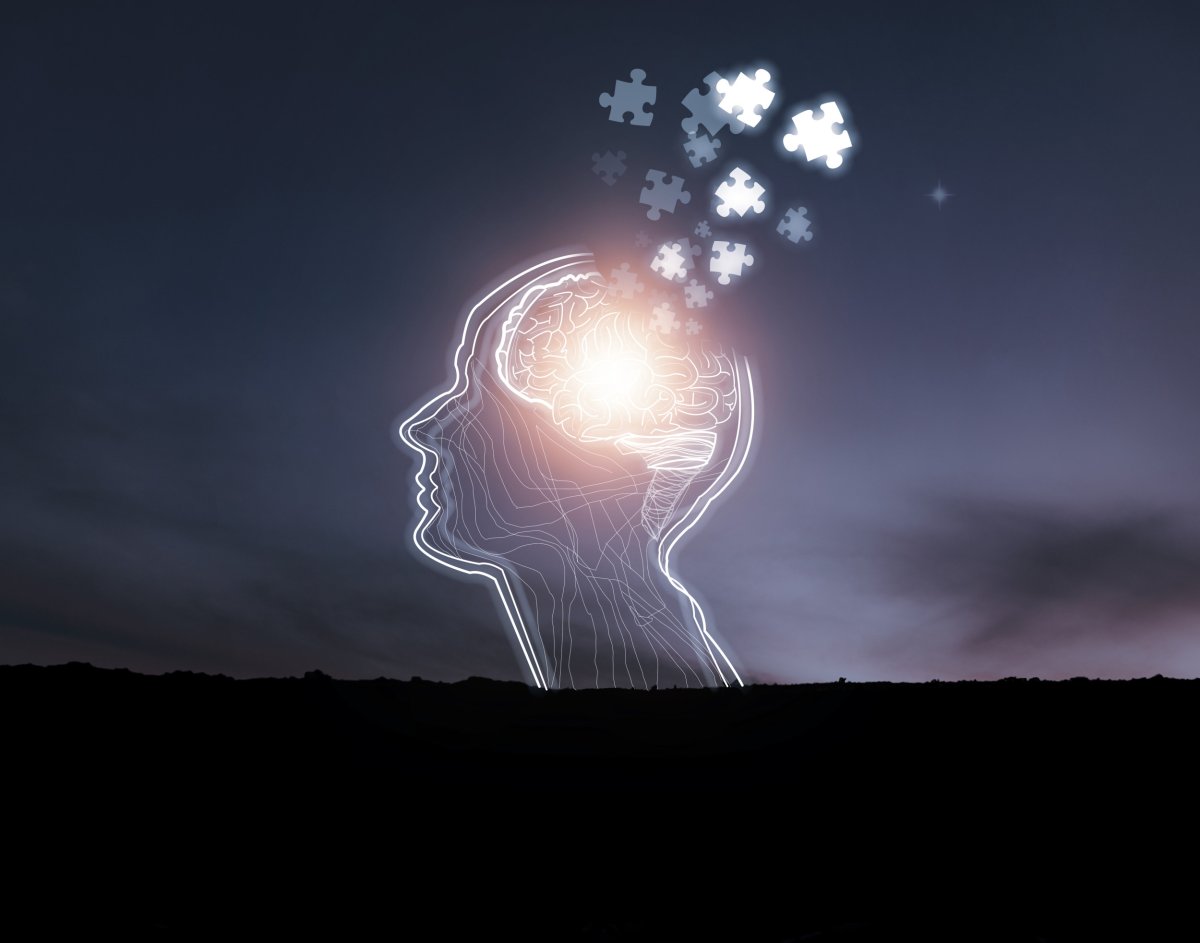How early is your first memory?
For many of us, it is difficult to remember much of what went on before the age of two. But a new study from Trinity College Dublin has found that this memory loss might be preventable and reversible, with light.
"Infantile amnesia is the most ubiquitous form of 'forgetting,'" Tomas Ryan, an associate professor at the Trinity College Institute of Neuroscience and senior author of the paper, told Newsweek. "Despite its widespread relevance, little is known about the biological conditions underpinning this amnesia. As a society, we assume infant forgetting is an unavoidable fact of life, so we pay little attention to it."
However, Ryan and his team believe that studying this phenomenon could help us gain useful insights into the biology of memory and forgetting.
In their recent study, published in the journal Science Advances on November 8, the team studied the molecular underpinnings of this early life memory loss in a group of mice.
"The first results were very surprising," Ryan said.

By inducing inflammation in pregnant mice, the researchers were able to produce a group of newborns with altered brain development that were protected against this early life memory loss.
Inflammatory responses like this during pregnancy are known to contribute to autism development in both humans and mice, so their results suggest that, at least in mice, autism-like brain states can effectively safeguard against childhood amnesia.
"We have found, for the first time, that in mouse models of autism, infantile amnesia does not happen," Ryan said. "The [autism-induced] mice retain infant memories into later life, for a range of behavioral experiences. Future work will determine whether this is also the case in humans."
The team also found that the biological basis of these early life memories, also known as "engrams," could be reactivated using light, even in mice without this autism-like brain state.
"This study shows firstly that infant engrams do not disappear, but are retained in the brain in a latent state right through into adulthood," Ryan said. "[Using light to stimulate neurons in] the infant engrams in adult mice results in retrieval of the target memories."
While more work is required to understand how translatable these results are to humans, this study still marks an important advance in our understanding of the biology of forgetting.
"Different developmental brain states seem to result in altered rates of forgetting, which sheds light into the basic biology of forgetting and memory expression," Ryan said. "Our hope is that these findings will be useful not only for understanding basic questions of memory encoding and expression in everyday life, but also may be valuable for understanding what is happening in pathological forgetting such as Alzheimer's disease."
The research may also provide important insights into the neurological basis of conditions like autism. "[Our research] identifies 'altered forgetting' or perhaps 'pathological remembering' as a novel potential feature of autism spectrum disorder," Ryan said. "This may be related to inspired cognitive flexibility in autism."
"These findings have implications not just for conditions such as autism, but for how we manage education and learning in early life in the human population. It is possible that there are many humans going through life with very different experience of infantile amnesia to the majority of the population. It will be important and useful to identify such people and study their lived experiences of memory across development."
Uncommon Knowledge
Newsweek is committed to challenging conventional wisdom and finding connections in the search for common ground.
Newsweek is committed to challenging conventional wisdom and finding connections in the search for common ground.
About the writer
Pandora Dewan is a Senior Science Reporter at Newsweek based in London, UK. Her focus is reporting on science, health ... Read more
To read how Newsweek uses AI as a newsroom tool, Click here.






